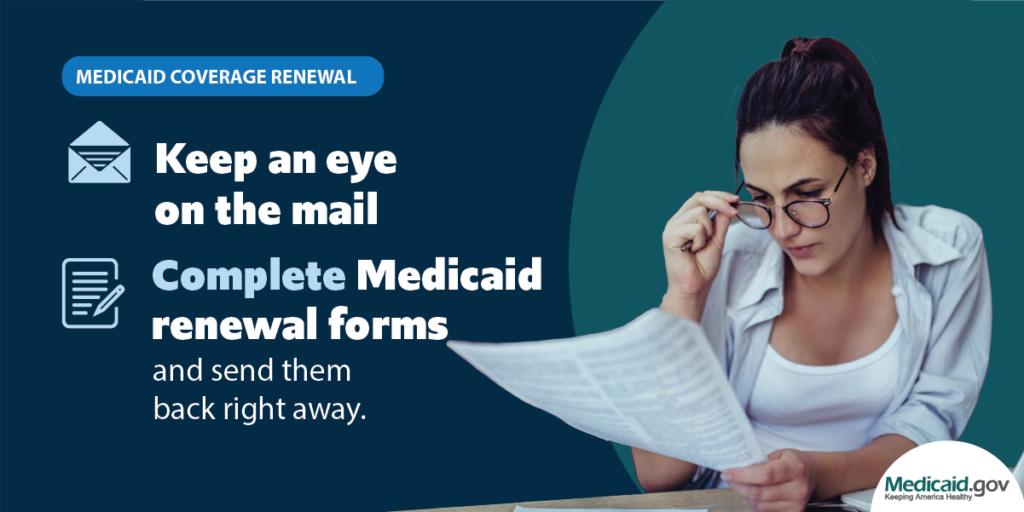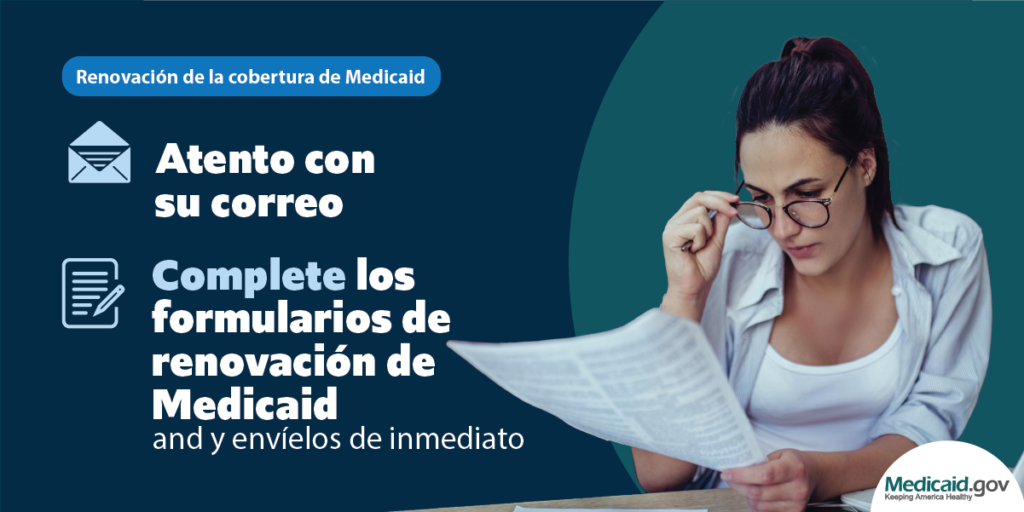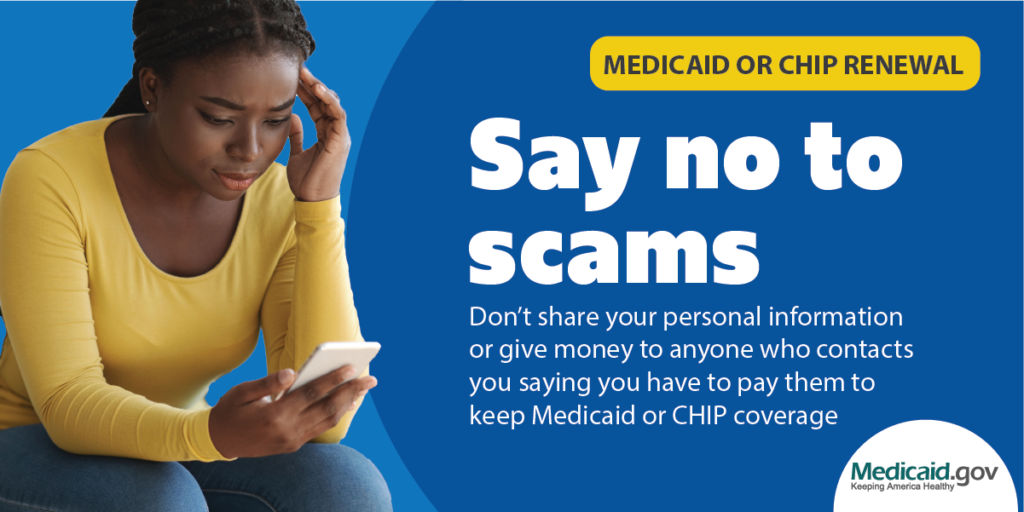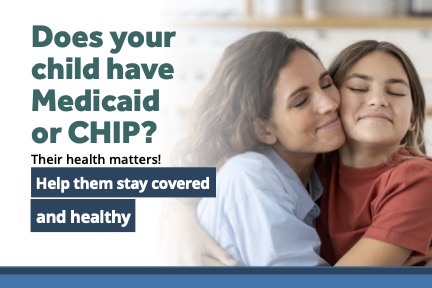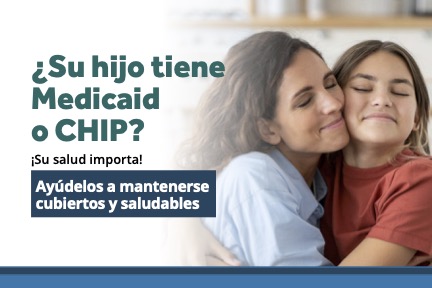Important Update Regarding Medicaid and CHIP Eligibility Reviews
As you have probably heard, most Medicaid and CHIP programs re-started eligibility reviews during the first half of 2023. Your patients/members may receive letters, emails, or other communications from these public insurance programs asking them to verify they are still eligible. It is very important that they respond promptly. Some states started terminating coverage as early as April 1, 2023, for people who did not respond, as well as for people who are no longer eligible. Rates of “procedural terminations” (coverage terminations for people who may still be eligible) are unfortunately very high.
Why is this happening now?
At the start of the COVID-19 pandemic, Congress told Medicaid programs to “pause” eligibility reviews and terminations, but Congress lifted that pause starting April 1st. States have until May 31, 2024, to complete eligibility redeterminations for everyone on Medicaid or CHIP (although several states will take much less time). This process is often called the Medicaid “unwinding.”
What can providers/advocates do?
Make sure that your patients/members with Medicaid or CHIP coverage know this is happening and are on the lookout for news from their state Medicaid program. Patients will need to take steps to renew their Medicaid or CHIP coverage, so they don’t lose coverage. Nearly three-quarters of the millions who have already lost coverage may still be eligible and must re-apply for benefits, a process that can take weeks or months.
What should you tell your patients/members to help them prepare?
- Update/confirm their contact information. Make sure their State Medicaid or CHIP program has their current mailing address, phone number, email, or other contact information. This way, they won’t miss important notifications about their Medicaid or CHIP coverage.
- Pay close attention to messages from their state Medicaid or CHIP program. These programs may use mail, email or even text messaging to communicate with Medicaid enrollees about actions that may be required in order to renew their eligibility. NOTE: there is considerable ambiguity around who will get renewal notices, when those notices may arrive, and what actions beneficiaries will have to take. This is because most states are taking 12 months to complete the renewal process, and because states may in some cases automatically renew enrollment for certain eligible beneficiaries on the basis of external information such as SNAP enrollment.
- Promptly complete the renewal form (if received). Let them know it’s important to complete the form and return it to the State Medicaid or CHIP program right away to help avoid any gap in their Medicaid or CHIP coverage.
- Parents should respond, even if they think they may no longer be eligible for Medicaid. Their children may remain eligible for coverage through either Medicaid or CHIP.
- Beware of scams. Bad actors have unfortunately started focusing efforts on the Medicaid unwinding process. Remind your patients/members that Medicaid will never ask them to pay money or provide credit card information in order to enroll or renew their eligibility.
- If found ineligible, beneficiaries have the right to a fair hearing to show they should still be eligible. The hearing must be held within 90 days if they make a timely appeal (which must be made within 10 days of the notice of termination for benefits to continue). Disenrolled Medicaid beneficiaries should also explore other avenues that may lead to affordable coverage, whether through an employer or the Affordable Care Act Marketplaces. In order to avoid aggressively marketed “junk” plans, individuals seeking to buy their own insurance should always start at www.healthcare.gov.
We ask that you share this information with patients and members you serve to help us ensure that no one falls through the cracks and loses eligibility. In addition, please share this and the attachment to your respective regions.
This content was shared for public use by the Centers for Medicare & Medicaid Services.
Social Media and Web Content
The U.S. Centers for Medicare and Medicaid Services (CMS) has published a variety of outreach and educational resources for healthcare providers and others to get the word out about Medicaid unwinding. The full CMS compilation includes items such as the following:

